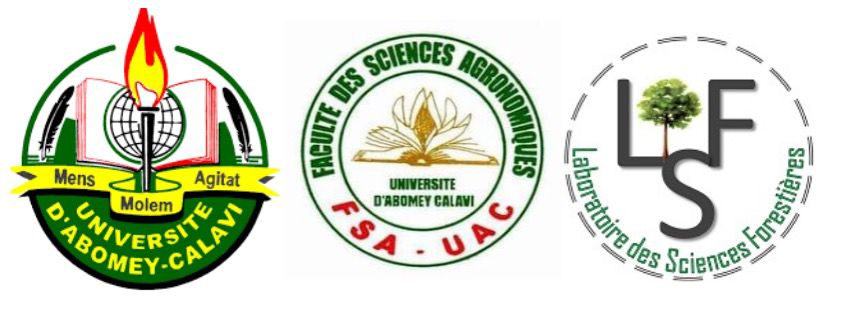Why Study With Us
With the support of its partners, the Laboratory of Forest Sciences and Biodiversity Informatics (LSFBI) offers students cutting-edge training opportunities in priority and emerging research areas. Graduates are equipped for employment at national, regional, and international levels, as well as for self-employment.
1. Master and Ph.D. Programs in Biodiversity Informatics
Since June 2017, the Faculty of Agricultural Sciences has hosted these programs. Graduates are trained to:
- Use GIS to map species distributions
- Model current and future ecological niches
- Characterize biodiversity at multiple scales
- Assess geographic patterns among species communities
- Refine taxonomic knowledge
- Define conservation priority areas
- Develop and implement conservation strategies
- Predict disease spread risks (Lassa, Ebola, etc.)
Key Achievements:
- 70+ Master's graduates (2017–2024) from 6 countries: Benin, DRC, Gabon, Niger, Togo, Ivory Coast
- Student projects on endangered species, crops, medicinal plants, etc.
- Ph.D. research on invasive species, food/cash crops, etc.
2. Silviculture and Forest Ecosystem Management
Students conduct research in:
- Forest structure and ecology
- Silviculture of key species (Benin & Africa)
- Sustainable management in climate change context
- Carbon storage in forest ecosystems
3. Other LSFBI Activities
The Director of LSFBI serves as the node manager of GBIF-Benin. With over 1 million biodiversity records on the GBIF website, Benin leads in Francophone Africa.
- 1st Francophone African country to publish on GBIF
- 1st African country with full academic programs in biodiversity informatics
- Explore GBIF-Benin
